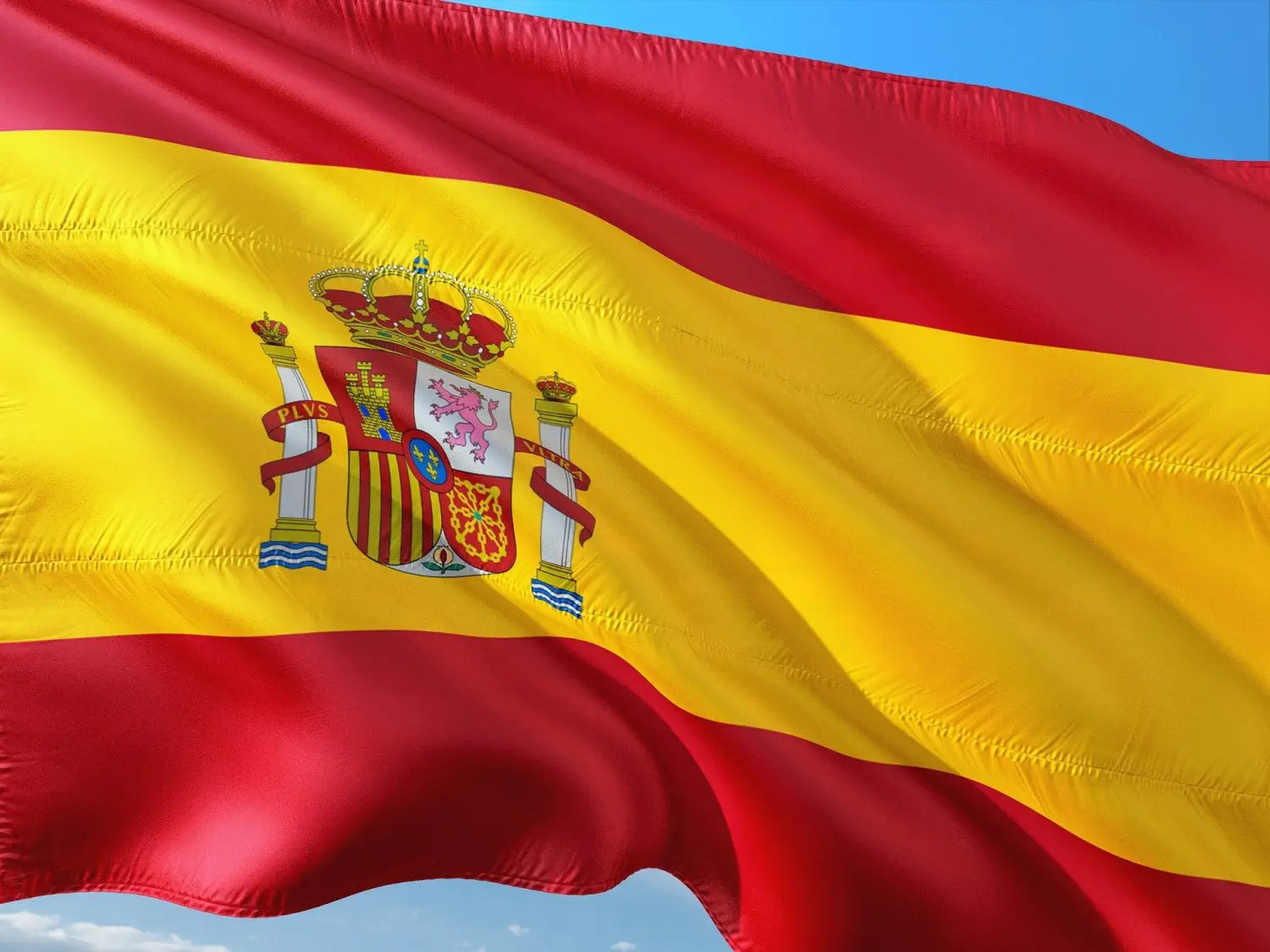Introduction
Spain has some of the most liberal laws for private consumption of cannabis, but at the same time lacks dedicated laws and regulations for the overall sector, forcing some part of the community and industry into a gray market.
At the time of writing this article, the political party “Unidas Podemos” is preparing a law proposal aimed at regulating cannabis both for recreational and medicinal use. It is unclear when and if this law proposal will come into effect and how the model will look like. So the industry is currently working within a framework of laws and legal gray areas, made up of 3 primary elements.
The first one is for personal/private consumption encompassing the social club system, enabling the production and distribution of Cannabis and its products for private individuals or members of an association. Secondly, Spain has a medicinal Cannabis sector, which in comparison to other European countries like Germany is rather underdeveloped and unregulated. Followed by the third big sector, which regulates the production and use of industrial hemp.
This article will explain the major characteristics of the 3 different sectors, within the Spanish cannabis industry.
Cannabis Social Clubs / Personal Use

Cannabis Social Clubs (CSC) represent the most liberal aspect of the Spanish system. They are based on Article 368 of the Spanish criminal code, which criminalizes the cultivation of cannabis, when facilitating, favoring, or promoting the illegal consumption of drugs and drug trafficking. This can result in a 3-6-year prison sentence.
Here the case law states that, providing that the possession and cultivation of narcotics are only intended for personal and shared consumption, it won't be punished. Thus, also the cultivation for shared used in a private organization is an act of impunity. Under the concept of being a member of a private non-profit organization, not promoting the consumption of cannabis, the cultivation and the use within this organization is technically permitted for members. The cannabis social clubs can grow a certain amount of plants per member and are allowed to redistribute the produce to their members in exchange for production cost-covering prices. Through a membership fee, you can become a member of these clubs even if you are not a resident of Spain.
Through that gray area in the Spanish law, this movement of Cannabis Social Clubs developed in the early '90s. Nowadays, there are around 500 private Cannabis Clubs, of which roughly 200 are located in Barcelona alone, explaining the nickname “new Amsterdam”.
Depending on the autonomous communities’ laws can vary. Catalonia, the autonomous regions in which Barcelona is situated, passed in June 2017 a law legalizing the cultivation, consumption, and distribution of cannabis for cannabis club members. These associations have to be self-sufficient non-profit organizations selling cannabis only to individuals above 18. The production capacity is limited to 150 kg of dried flower a year and regulations and rules have been implemented trying to stop drug tourism in the region.
Regardless of that, public consumption and possession of Cannabis and other drugs is a serious offense, with sanctions ranging from 600-30.000 euro.
Medical Cannabis Spain
The medical system in Spain stands in stark contrast to the rather liberal private consumption legal situation. Unless permitted by the AEMPS (Spanish Agency of Medicines and Medical Devices) the cultivation of Cannabis for scientific, medical or research purposes is prohibited. Additionally, Medical cannabis itself is not regulated for the Spanish market, thus cultivation and manufacturing of cannabis and cannabis-derived products is only permitted for export to companies authorized in their countries of origin. For a company in Spain to be able to produce cannabis, two types of authorizations can be obtained from the AEMPS.
- The first one permits to cultivate cannabis for research purposes intended of producing cannabis varieties or seeds with therapeutic use and investigating pharmacological properties
- The second type of authorization permits the cultivation of cannabis plants for medical and scientific purposes.
To date, only 9 of these permits have been granted to entities for research purposes. 5 companies obtained permission to cultivate and process cannabis and cannabis derivates for medical and scientific purposes. 1 permission is for Cannabis containing less than 0.2% THC, 1 for educational purposes only and 2 for medicinal purposes only.
As cannabis itself is not regulated for medicinal use, Patients only have access to cannabis-based prescription drugs like Sativex for chronic diseases like sclerosis, cancer, and others.
Industrial Use of Cannabis
Under two sets of regulations, the industrial use of Cannabis sativa (Hemp) is permitted in Spain.
The Royal decree 1729/1999, passed on the 12th November 1999, established the rules for applying for and granting aid for cannabis and fiber flax. Under this regulation, 25 varieties of industrial Cannabis (Hemp) are permitted to be cultivated in Spain for fiber production. Legal crops must come from EU-certified seed varieties.
The European Union Regulation No 1307/2013, passed on the 17th December 2013 legally permits the industrial cultivation of Cannabis sativa (Hemp) with a THC content below 0.2% for a variety of industrial uses, not only fiber production.
Nonetheless, the cosmetic use of Cannabis and Cannabis-derived products, which is currently very popular, is not possible to be registered on national level, as the AEMPS does not consider the application in cosmetics. Yet, registration on the European Union's Cosmetic Products Notification Portal (CPNP) is possible, enabling companies to sell their products in Spain. To be able to extract derivates like CBD, a license from the AEMPS is required.
If a company intends to market their Cannabis sativa L. (Hemp) products made from flowers, stems or leaves in Spain, an application to the European Commission complying with the EU Regulation 2015/2283 of the European Parliament and Council must be presented. This regulation passed on the 25th November 2015 sets the framework for Novelty foods under which Hemp products like CBD fall. The European Food Safety Authority (EFSA) assesses the risk and decides on authorization or non-authorisation of the products.
Cannabis Social Club picture: https://unsplash.com/photos/GHVBpTkSqfs?utm_source=unsplash&utm_medium=referral&utm_content=creditShareLink


1 comment
christian
buongiorno,voorei chiedere ,come membro di un associazione quante piante posso coltivare.